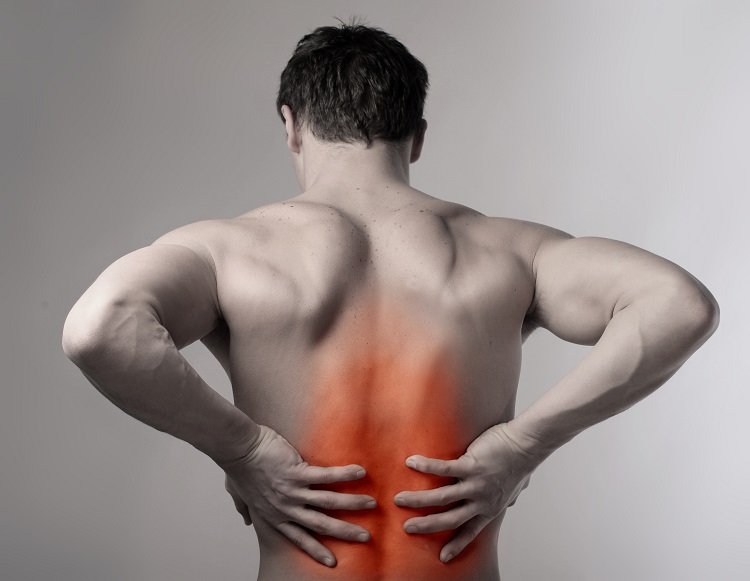Backbone or back pain can be caused by a variety of factors, including poor posture, muscle strain, or injury. While it's always important to consult with a healthcare provider for persistent or severe pain, here are some home remedies that can help relieve mild to moderate back pain:
1. **Rest and Proper Positioning**
- **Resting**: Take short breaks from activities that strain your back. Avoid prolonged periods of sitting or standing in one position. If you're resting, try lying down on your back with a pillow under your knees to reduce pressure on your spine.
- **Sleep Position**: Sleep on a firm mattress. You can also try lying on your side with a pillow between your knees to align your spine better.
2. **Heat and Cold Therapy**
- **Cold Therapy**: Apply a cold compress or ice pack (wrapped in a cloth) to the affected area for the first 24-48 hours to reduce inflammation and numb pain.
- **Heat Therapy**: After the first couple of days, switch to heat, such as a heating pad or a warm towel, to relax the muscles and improve blood circulation.
3. **Gentle Stretching and Exercises**
- **Stretching**: Gentle stretching exercises can help relieve tension in the muscles. Some beneficial stretches include:
- **Cat-Cow Stretch**: Get on your hands and knees and alternate between arching and rounding your back.
- **Child's Pose**: A yoga pose that stretches the lower back.
- **Knee-to-Chest Stretch**: Lie on your back, pull one knee toward your chest, and hold for 30 seconds, switching legs.
- **Strengthening Exercises**: Strengthening your core muscles (abdominals, lower back, and pelvic muscles) can help prevent back pain in the future. Exercises like pelvic tilts and bridges can be helpful.
4. **Massage Therapy**
- **Self-Massage**: Gently massage the affected area with your hands or use a foam roller to release muscle tightness. A soft, circular motion may help alleviate muscle tension.
- **Essential Oils**: Some essential oils, like peppermint or lavender, may provide soothing effects when massaged into sore areas.
5. **Maintain Good Posture**
- **Ergonomics**: If you work at a desk, make sure your chair supports your lower back, your feet are flat on the floor, and your monitor is at eye level. Take breaks to stand, stretch, and walk around.
6. **Over-the-Counter Pain Relievers**
- **Non-prescription pain relief**: Ibuprofen, acetaminophen, or topical analgesics (creams or gels) can be used to alleviate mild back pain. Follow the recommended dosages and consult a healthcare provider if you have any underlying health conditions.
7. **Stay Active and Avoid Bed Rest**
- While rest is important, prolonged bed rest can worsen back pain. Gentle movement, such as walking, can help keep the muscles engaged and promote healing.
8. **Hydration and Diet**
- Staying well-hydrated can help keep the discs in your spine lubricated. Additionally, a balanced diet with anti-inflammatory foods, like omega-3 rich foods (e.g., salmon, flaxseeds), can support overall spine health.
9. **Mindfulness and Relaxation Techniques**
- **Stress Management**: Stress can contribute to muscle tension and worsen back pain. Practice relaxation techniques like deep breathing, meditation, or yoga to reduce stress levels.
10. **Postural Adjustments**
- **Avoid Prolonged Sitting**: If you spend a lot of time sitting, make sure your posture is good. Try standing or walking every 30-60 minutes to reduce strain on your back.
When to See a Doctor
- If your back pain is severe, doesn’t improve after a few days of self-care, or is accompanied by symptoms like numbness, tingling, weakness, or trouble walking, you should consult a healthcare professional immediately.
These home remedies can help provide relief for mild to moderate back pain, but if your symptoms persist or worsen, seeing a doctor or physical therapist is recommended for a more targeted approach.


1 Comments
nice information
ReplyDelete